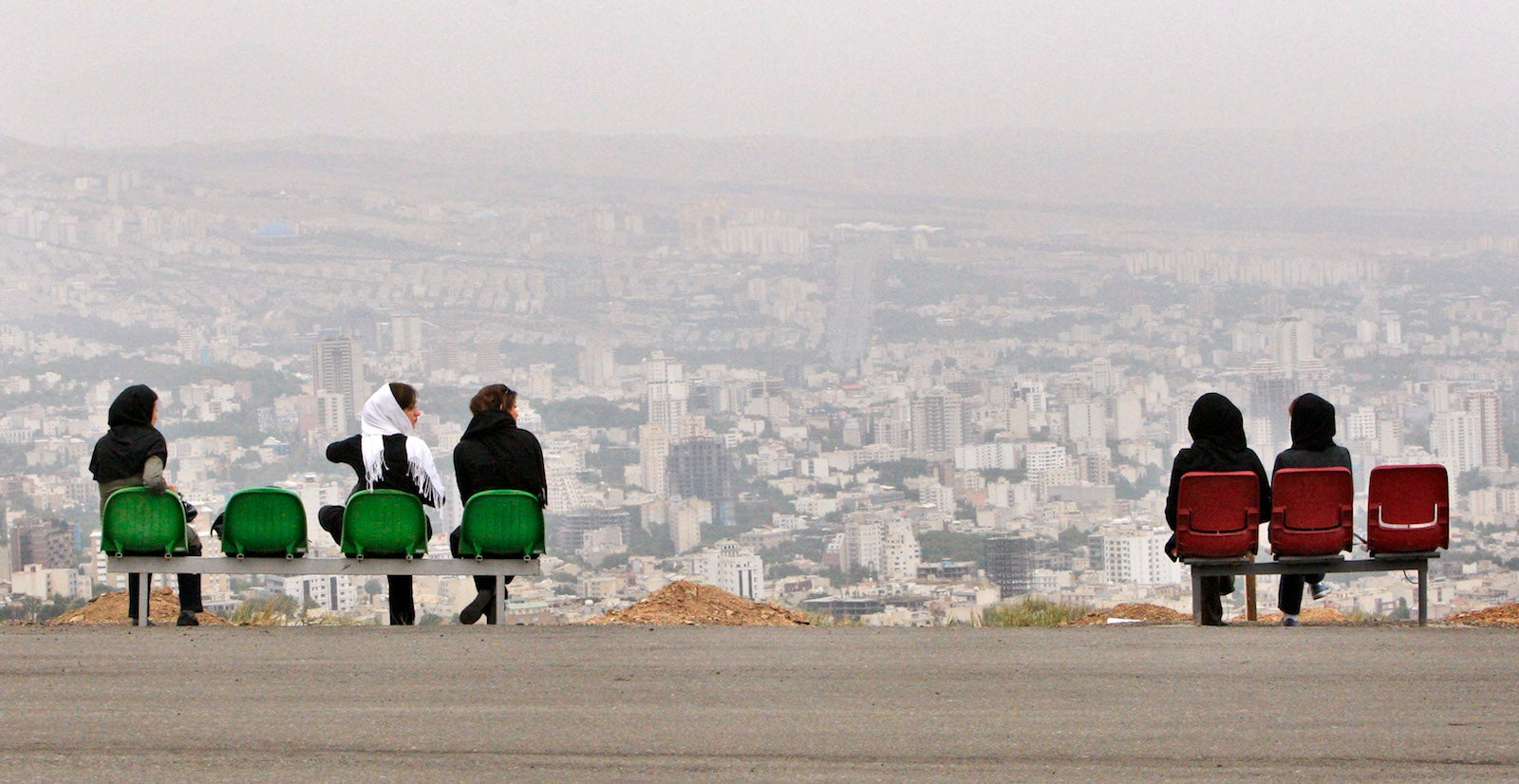Young people in Iran are using a sophisticated crowdsourcing app to avoid the “morality police”
Crowdsourcing is an efficient way to add value to an app—getting users to provide the data and information that powers a program. Waze, a popular map app Google purchased for over a $1 billion, uses crowdsourced data to notify users of traffic jams. Now, a group of Iranian developers are using crowdsourcing to help people avoid the country’s “morality police.”


Crowdsourcing is an efficient way to add value to an app—getting users to provide the data and information that powers a program. Waze, a popular map app Google purchased for over a $1 billion, uses crowdsourced data to notify users of traffic jams. Now, a group of Iranian developers are using crowdsourcing to help people avoid the country’s “morality police.”
In Iran, the Gasht-e Ershad are police officers who intimidate and even sometimes jail people who don’t dress or behave according to the country’s Islamic code of conduct.
Gershad, an app available for Android devices, helps users navigate the streets and avoid the Ershad officers. Users anonymously flag the Ershad checkpoints and, after enough people identify a particular location, a small police icon pops up on that spot. The app also provides directions, like Google Maps, tracing routes that avoid the Ershad checkpoints.
The app highlights the potential for technology to help users circumvent restrictions on their daily life by oppressive officials. Gershad has already been download from the Google Play Store 16,000 times since it went live on Feb. 9. The developers spoke anonymously to The Verge, and said there are plans for a mobile web version for iOS and Windows Phone devices. They’re also thinking about expanding to other countries and introducing an Arabic version as well.
The Verge notes that the site was blocked within 24 hours after its launch in Iran. But the developers are prepared—they created the app using a tool called Psiphon, which uses protocols like virtual private networks to hide users’ identities and allow them to continue to post updates to the app despite government attempts to stop it spreading.